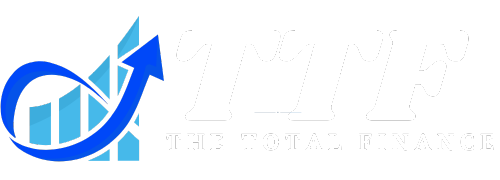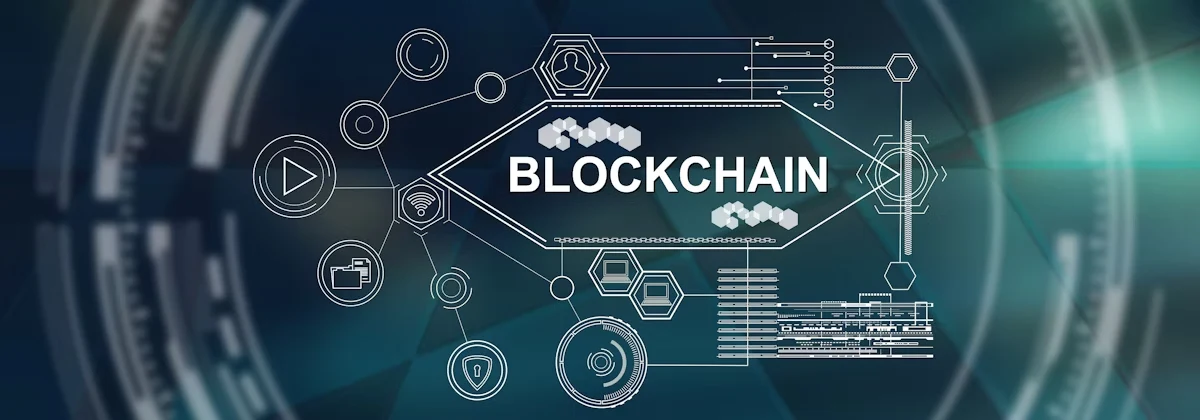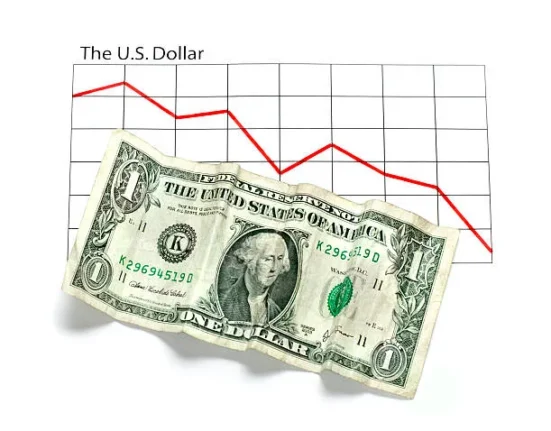For decades, supply chain management has been plagued with problems of opacity, inefficiency, and susceptibility to fraud. Older systems typically depend on siloed databases, paperwork, and manual operations, as such it is challenging to trace products, authenticate and respond rapidly to disruptions. These constraints may cause delays, high cost, and lack of confidence from partners and consumers.
Supply chain transparency, meaning traceability and verifiability of the whole process of a product’s passage, has turned into the key marketing principle of companies. Indeed, current trends suggest that 57% of organizations feel blockchain technology will have a profound effect on how supply chain transparency and traceability will change within 3 years. Such a change is neither dictated by the regulatory bodies nor also the increasing demand by consumers for products that are ethically sourced, original, and offer instant information.
Understanding Blockchain in Supply Chain Management
Ultimately, blockchain is a distributed digital ledger that is used to store encrypted transactions and make immutable records on a peer-to-peer network. From the perspective of supply chain management, this implies that every single transaction, movement, and transfer of goods can be logged in near-real time, so that there is one single point of truth available to all authorized players.
Solutions to the supply chains of blockchain offer several primary benefits. To begin with, they come with end-to-end traceability, thereby enabling companies to trace products from where they began to where the final purchase was made. This is done by blockchain traceability, where each stage is stamped and documented and cannot be tampered with later on. For instance, in case of a product recall, companies will be able to trace a precise number of affected batches and be able to trace their origin, hence minimizing risk and response time.
Enhancing Transparency and Building Trust
Incorporation of blockchain into the supply chain management is radically transforming the way transparency is achieved. The same immutable data is accessible to each player in the supply chain from manufacturers to the logistics companies to the retailers. Such intervision removes blind spots and diminishes disputes and helps to inspire more trust among all of the stakeholders.
Even consumers are vested beneficiaries of this new supply chain transparency. With blockchain-enabled systems, they can scan a QR code on a product and, within seconds, see its entire journey from start to finish: supply of raw materials, manufacturing procedures, and transportation. That not only guarantees product authenticity but also keeps up with rising expectations for ethical and sustainable sourcing.
Blockchain Logistics and Real-Time Supply Chain Tracking
Another field that has experienced a dramatic improvement is blockchain logistics. Logistics operations have been woefully challenged with disjointed information and a lack of real-time updates. With Blockchain, supply chain tracking is easy to follow and effective, as every shipment is recorded on the distributed ledger and its movements are followed in real time by the interested stakeholders.
This real time visibility is essential in optimising routes, predicting delays, and making sure that there are timely deliveries. Furthermore, blockchain inventory management enables businesses to keep reliable, unalterable logs regarding levels of stock in multiple locations, thereby avoiding the risk of overstocking or stockouts.
Smart Contracts: Automating Supply Chain Processes
Among the most thrilling novelty in supply chain management is the use of smart contracts. These are autonomous contracts having their terms encoded in code in the blockchain. Upon the satisfaction of pre-defined conditions – the arrival of goods at a port or the conclusion of a quality check, for example – smart contracts make automated payments or move to the next stage in the process.
This automation is business cost minimizing, rules out human errors, and speeds transactions. For instance, a Supplier would be able to receive payment immediately after delivery confirmation; this would reduce on cash flow and strengthen the supplier relationships.
Boosting Supply Chain Security and Reducing Fraud
The fact that blockchain is decentralized and immutable further greatly increases the supply chain security. Through making it almost impossible to change or destroy records, blockchain guarantees against tampering, counterfeiting and fraud. This is all the more important in industries that require product authenticity, such as pharmaceuticals, luxury goods and food and beverage.
Companies are now able to ascertain legitimacy in every stage of the product to make sure that consumers get genuine products and not fake replacements. Such a level of security not only preserves the brand reputation but also satisfies strict regulatory requirements.
The Road Ahead: Challenges and Opportunities
Although bloFor decades, supply chain management has been plagued with problems of opacity, inefficiency, and susceptibility to fraud. Older systems typically depend on siloed databases, paperwork, and manual operations, as such it is challenging to trace products, authenticate and respond rapidly to disruptions. These constraints may cause delays, high cost, and lack of confidence from partners and consumers.
Supply chain transparency, meaning traceability and verifiability of the whole process of a product’s passage, has turned into the key marketing principle of companies. Indeed, current trends suggest that 57% of organizations feel blockchain technology will have a profound effect on how supply chain transparency and traceability will change within 3 years. Such a change is neither dictated by the regulatory bodies nor also the increasing demand by consumers for products that are ethically sourced, original, and offer instant information.
Understanding Blockchain in Supply Chain Management
Ultimately, blockchain is a distributed digital ledger that is used to store encrypted transactions and make immutable records on a peer-to-peer network. From the perspective of supply chain management, this implies that every single transaction, movement, and transfer of goods can be logged in near-real time, so that there is one single point of truth available to all authorized players.
Solutions to the supply chains of blockchain offer several primary benefits. To begin with, they come with end-to-end traceability, thereby enabling companies to trace products from where they began to where the final purchase was made. This is done by blockchain traceability, where each stage is stamped and documented and cannot be tampered with later on. For instance, in case of a product recall, companies will be able to trace a precise number of affected batches and be able to trace their origin, hence minimizing risk and response time.
Enhancing Transparency and Building Trust
Incorporation of blockchain into the supply chain management is radically transforming the way transparency is achieved. The same immutable data is accessible to each player in the supply chain from manufacturers to the logistics companies to the retailers. Such intervision removes blind spots and diminishes disputes and helps to inspire more trust among all of the stakeholders.
Even consumers are vested beneficiaries of this new supply chain transparency. With blockchain-enabled systems, they can scan a QR code on a product and, within seconds, see its entire journey from start to finish: supply of raw materials, manufacturing procedures, and transportation. That not only guarantees product authenticity but also keeps up with rising expectations for ethical and sustainable sourcing.
Blockchain Logistics and Real-Time Supply Chain Tracking
Another field that has experienced a dramatic improvement is blockchain logistics. Logistics operations have been woefully challenged with disjointed information and a lack of real-time updates. With Blockchain, supply chain tracking is easy to follow and effective, as every shipment is recorded on the distributed ledger and its movements are followed in real time by the interested stakeholders.
This real time visibility is essential in optimising routes, predicting delays, and making sure that there are timely deliveries. Furthermore, blockchain inventory management enables businesses to keep reliable, unalterable logs regarding levels of stock in multiple locations, thereby avoiding the risk of overstocking or stockouts.
Smart Contracts: Automating Supply Chain Processes
Among the most thrilling novelty in supply chain management is the use of smart contracts. These are autonomous contracts having their terms encoded in code in the blockchain. Upon the satisfaction of pre-defined conditions – the arrival of goods at a port or the conclusion of a quality check, for example – smart contracts make automated payments or move to the next stage in the process.
This automation is business cost minimizing, rules out human errors, and speeds transactions. For instance, a Supplier would be able to receive payment immediately after delivery confirmation; this would reduce on cash flow and strengthen the supplier relationships.
Boosting Supply Chain Security and Reducing Fraud
The fact that blockchain is decentralized and immutable further greatly increases the supply chain security. Through making it almost impossible to change or destroy records, blockchain guarantees against tampering, counterfeiting and fraud. This is all the more important in industries that require product authenticity, such as pharmaceuticals, luxury goods and food and beverage.
Companies are now able to ascertain legitimacy in every stage of the product to make sure that consumers get genuine products and not fake replacements. Such a level of security not only preserves the brand reputation but also satisfies strict regulatory requirements.
The Road Ahead: Challenges and Opportunities
Although blockchain benefits in supply chain management are obvious, the implementation of the technology does not come without issues. Implementation costs, need for standardization, and integration with the current systems are barriers to many organizations. As technology in blockchain matures and more businesses realize the merits of blockchain supply chain solutions, such barriers are also being broken.
In 2025, moving goods is no longer the only facet of supply chain management – instead, it becomes about establishing a transparent, secure, and trustworthy system for all parties involved. Lying at the core of this transformation are blockchain technologies that provide a level of traceability, automation, and security that was unprecedented. With the wider adoption of blockchain by more companies, the future of supply chain management grows brighter, smarter, and more transparent than ever.ckchain benefits in supply chain management are obvious, the implementation of the technology does not come without issues. Implementation costs, need for standardization, and integration with the current systems are barriers to many organizations. As technology in blockchain matures and more businesses realize the merits of blockchain supply chain solutions, such barriers are also being broken.
In 2025, moving goods is no longer the only facet of supply chain management – instead, it becomes about establishing a transparent, secure, and trustworthy system for all parties involved. Lying at the core of this transformation are blockchain technologies that provide a level of traceability, automation, and security that was unprecedented. With the wider adoption of blockchain by more companies, the future of supply chain management grows brighter, smarter, and more transparent than ever.








